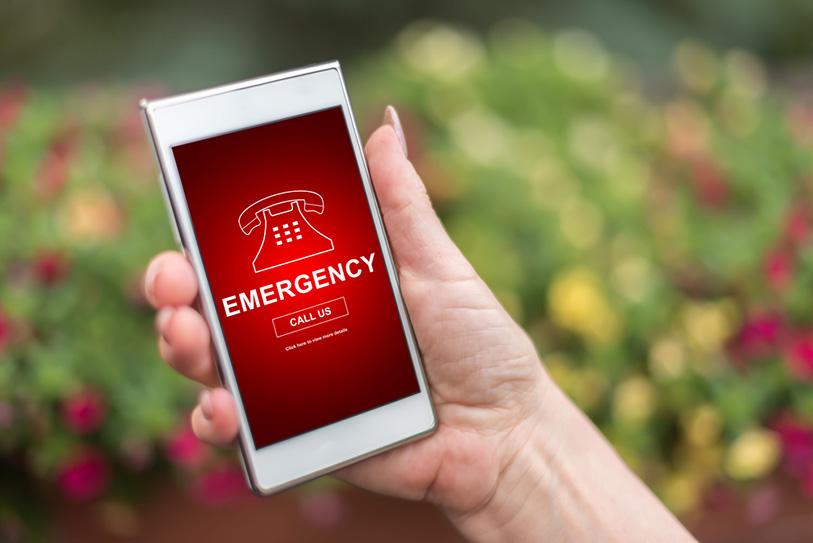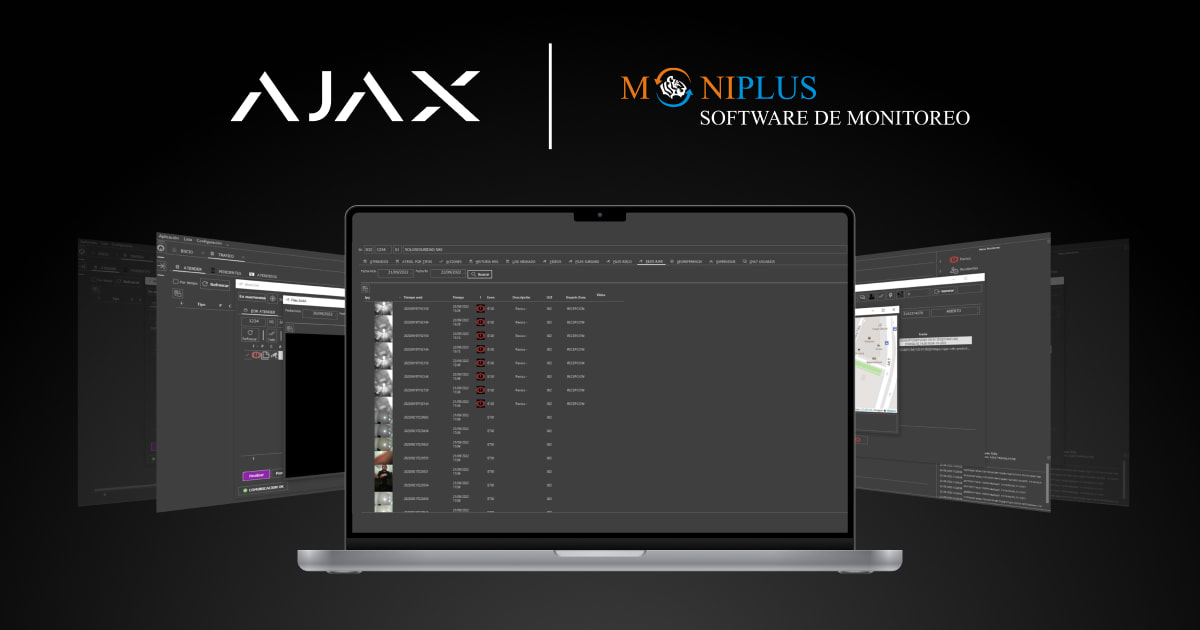Discussions of worldwide emergencies and disasters seem to be increasing in our daily lives. The onset of Coronavirus/COVID-19 has caused global panic, and its effects are being felt in very real ways.
While many can now take shelter in the comfort of their homes, what if this emergency was worse? What if it was a natural disaster? Rather than just asking yourself that question, you can take the necessary steps to prepare for such an event, accumulating tools and resources to keep yourself safe.
Emergency Essentials
- Emergency kit: if you’re looking to stay safe in the event of a regional or global emergency, you should consider having an emergency kit ready and stored away. Inside should be all of your emergency essentials: from simple, dried foods to water purifiers, first aid gear, and ponchos. Depending on your preferences, you can choose to either purchase a pre-packed kit or make your very own.
- Survival Radio: In the event of an emergency, you may need to stay informed about critical updates and announcements. A survival radio can help you do this without having to rely on electrical outlets for power. Additionally, a survival radio can provide light in dark environments.
- Food: you should have basic foodstuffs stored away for a possible emergency. For shelf-life purposes, all food should be dried or canned, made to be eaten without cooking, or with a cooking process as simple as boiling. Food items under this umbrella include canned beans, pickled vegetables, dry pasta, and rice.
- Water: while the human body can last weeks without food, water is a different story— organ failure can begin within three days of dehydration. Your best bet is to prepare for two scenarios: stock your home with purified water, or have a portable water purifier on-hand in case you need to leave your home to remain safe.
- First-aid supplies: in the event of a disaster or sudden pandemic, it’s important to have first-aid supplies available for use, if needed. Whether it’s a first-aid kit or a mixture of devices from disinfectants to wound dressings, you should have a stash of protective gear and tools to keep you and your party safe during a disaster.
- Power and Lighting: you should have some power-storage and light-source stored away in the event of an emergency. Power-storage units can hold large amounts of power, which can be accessed to recharge your phone to ensure you can contact emergency services whenever possible. A flashlight is your best option when needing a light-source on the go— consider storing a solar-powered flashlight as a backup, since it won’t need to rely on batteries for power.
- Extra clothing: no matter the disaster you’re dealing with, you’ll want to have extra clothing within reach. Whether it’s a flannel layer to provide you with warmth on a cold night or another pair of pants and shirt in case you get wet due to precipitation. There’s no need to risk your health due to a lack of preparation when it comes to clothing.
-
Shelter: often forgotten, you shouldn’t look past storing away a resource for overnight shelter. Something as simple as a tent or tarp can be enough to protect you from the elements overnight— these items can even provide you with necessary shelter in case it starts raining at any time of the day.
- Physical tools: you should have a variety of tools stored away in your pack to help you properly maintain items, cook, and protect yourself. Basics that are often relied on include knives, an axe, metal/wood spoons, or a shovel.
Helpful Resources
While it’s important to have tools stored away, all of which can provide you with shelter, protection, and proper nutrition, you should also make use of resources that can prepare you for potential emergencies and disasters. While there are many reliable sources available, here are a few that you should keep an eye on:
- CDC Public Service Announcements: regional and national announcements related to natural disasters and severe weather events.
- Disaster Lit®: an extremely useful database that collects and houses information, resources, and training related to disaster medicine and public health concerns.
- Strategic National Stockpile: a comprehensive list of training and courses related to strategic stockpiling to prepare for emergencies and natural disasters.
Global disasters and emergencies happen. COVID-19 has shown how far-reaching such issues can become in a short period of time. Rather than taking your chances, you should protect yourself and your family. Consider taking the necessary steps to remain prepared today, whether that means taking a course or beginning to collect essential survival tools.




